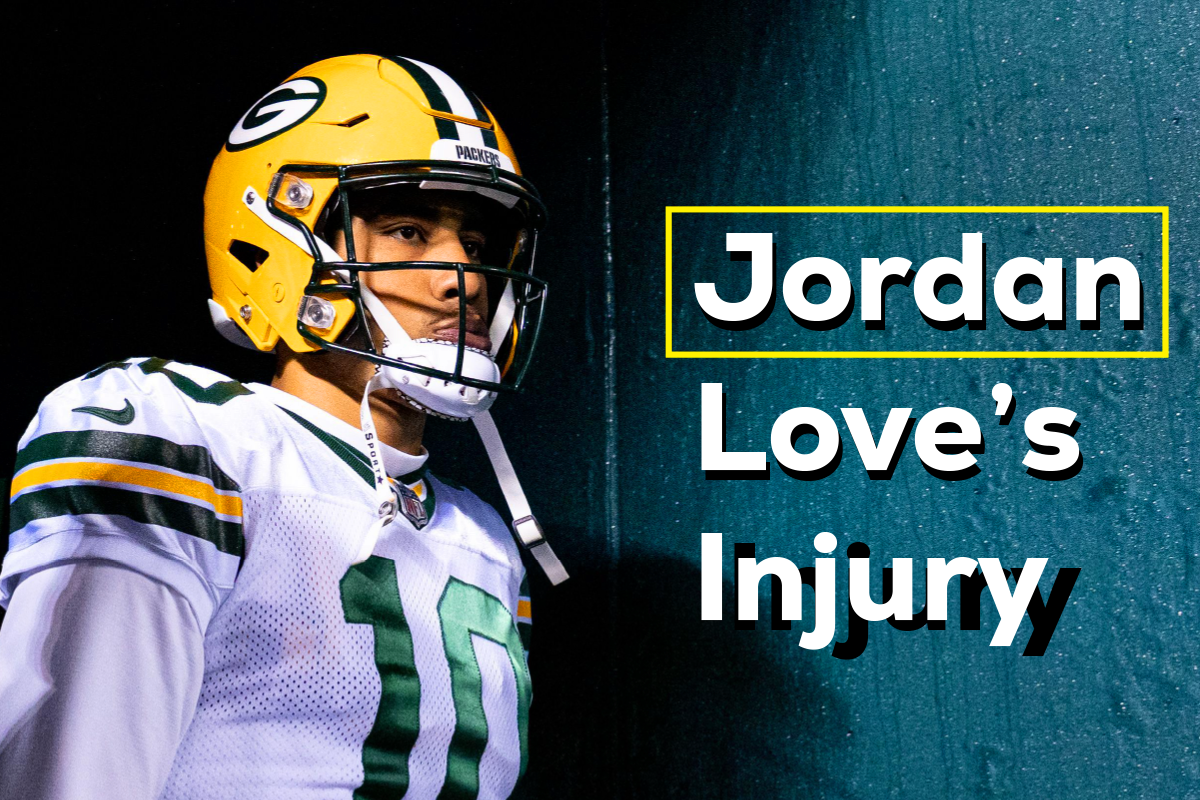Jordan Love’s Injury: Why Rest and Recovery Are Key for Healing and Performance
When Green Bay Packers quarterback Jordan Love faced his recent injury, fans and analysts alike focused on the physical toll of the game. But an often-overlooked factor in recovery is the role of mental health and quality sleep.
Athletes like Love know the importance of rest for physical healing. Yet, for millions of us struggling with insomnia or stress, recovery can feel like a distant goal. This article dives into how injuries like Love’s serve as a wake-up call to prioritize rest, recovery, and overall well-being—not just for athletes but for everyone.
The Physical and Mental Strain of Injuries
Injuries are not just physical—they take a toll on mental health. For Jordan Love, the pressure to return to the field while managing pain and rehabilitation creates significant stress. Similarly, when we experience injuries or health challenges, stress and lack of sleep can hinder our recovery.
Key Challenges After an Injury:
- Pain Disrupts Sleep: Injuries often make it harder to find a comfortable sleeping position.
- Stress Slows Healing: Worrying about recovery timelines can elevate cortisol levels, delaying the healing process.
- Fatigue Lowers Resilience: Poor sleep weakens the immune system and mental focus.
Why Sleep Matters for Recovery
Just as a quarterback needs a game plan to win, the body needs deep, restorative sleep to recover. Sleep isn’t just about rest—it’s a critical time when the body repairs tissues, processes emotions, and restores energy.
How Sleep Supports Recovery:
- Accelerates Healing: During deep sleep, the body produces growth hormones that repair muscles and tissues.
- Boosts Mental Clarity: Sleep helps manage stress and maintain a positive outlook during recovery.
- Improves Pain Tolerance: Quality sleep reduces sensitivity to pain, making injuries more manageable.
The Insomnia-Injury Connection
For athletes and everyday individuals alike, insomnia can be a barrier to recovery. If you’re unable to sleep due to pain, stress, or overthinking, it creates a vicious cycle:
- Lack of sleep increases inflammation.
- Poor sleep leads to heightened stress levels.
- Stress makes it harder to sleep, delaying recovery further.
Breaking the Cycle:
- Create a Nighttime Routine: Just as athletes prepare for games, prepare for sleep with a consistent routine.
- Prioritize Comfort: Invest in a supportive mattress or pillows to alleviate discomfort from injuries.
- Practice Mindfulness: Techniques like meditation or breathing exercises can calm the mind before bed.
Lessons from Jordan Love: Building Resilience Through Rest
Jordan Love’s injury is a powerful reminder that rest and recovery go hand in hand. Whether you’re recovering from a physical injury or dealing with the mental strain of insomnia, adopting the following habits can make all the difference:
- Listen to Your Body: Rest when needed, just as athletes do during rehab.
- Manage Stress: Take steps to reduce stress through relaxation techniques and support systems.
- Get Professional Help: Don’t hesitate to consult a sleep specialist or physical therapist for personalized advice.
Conclusion: Recovery is a Team Effort
Just as Jordan Love relies on his team for support during recovery, we can learn to lean on tools and strategies to overcome challenges like insomnia, stress, and fatigue. By prioritizing sleep and mental health, you can pave the way for faster healing and a stronger, more resilient you.
Recommended Product for Sleep Well-Being
Enhance your sleep with this [Product], designed to promote relaxation and comfort. Take the first step towards better sleep tonight.


